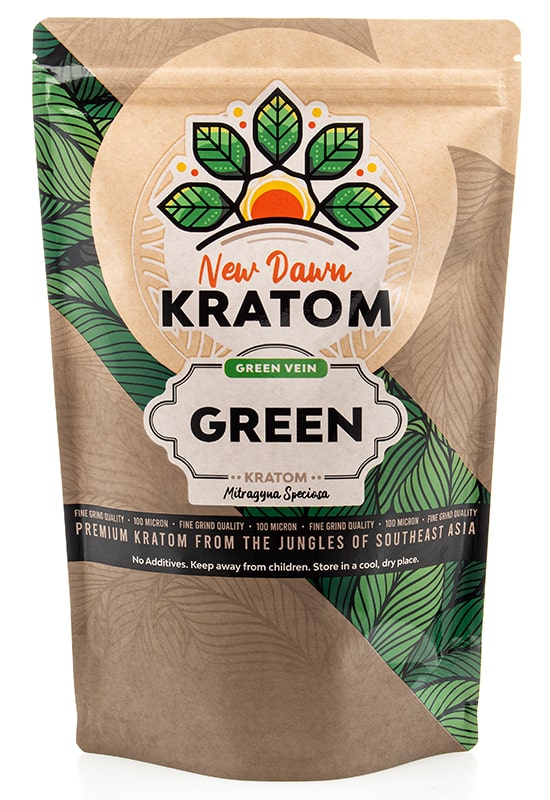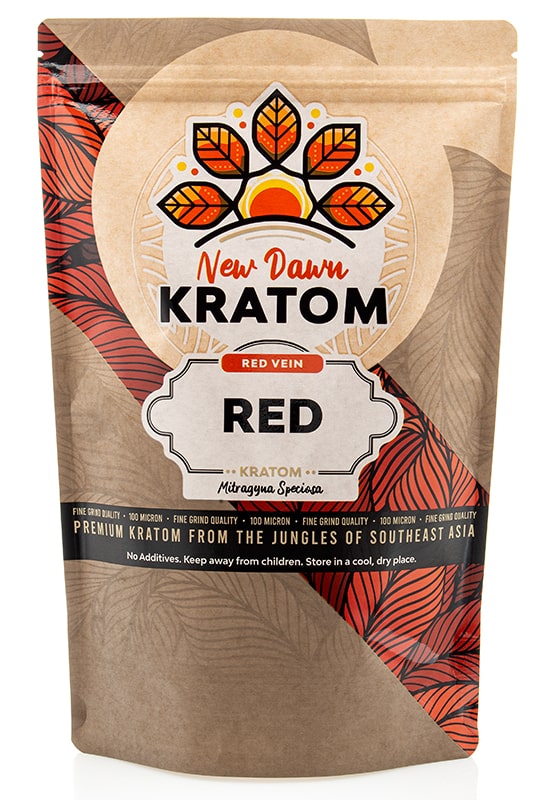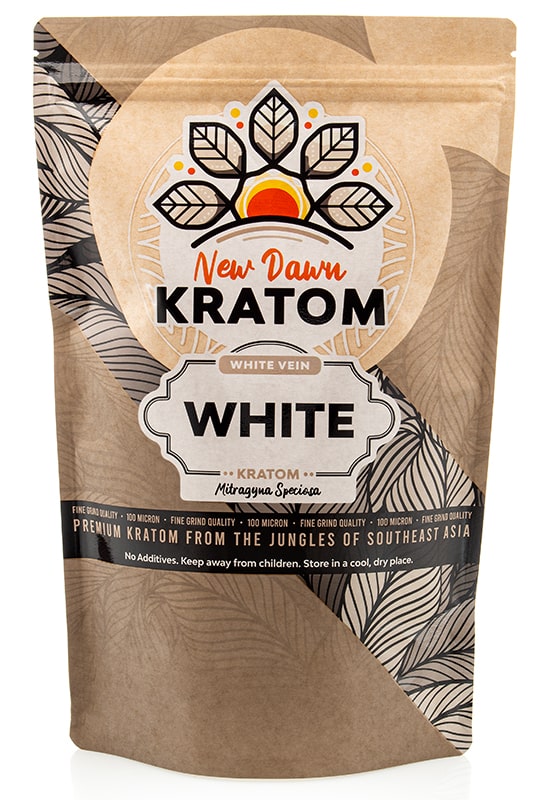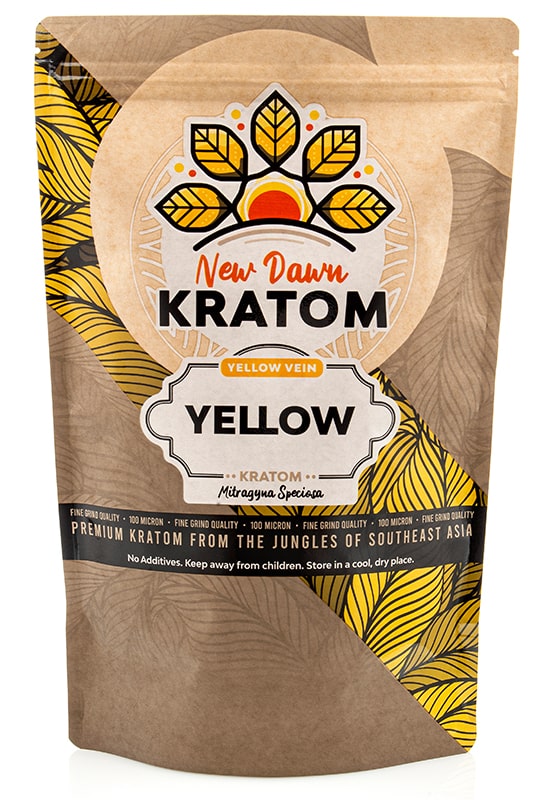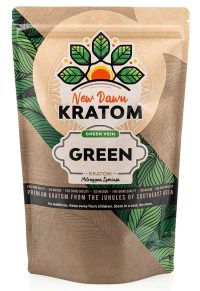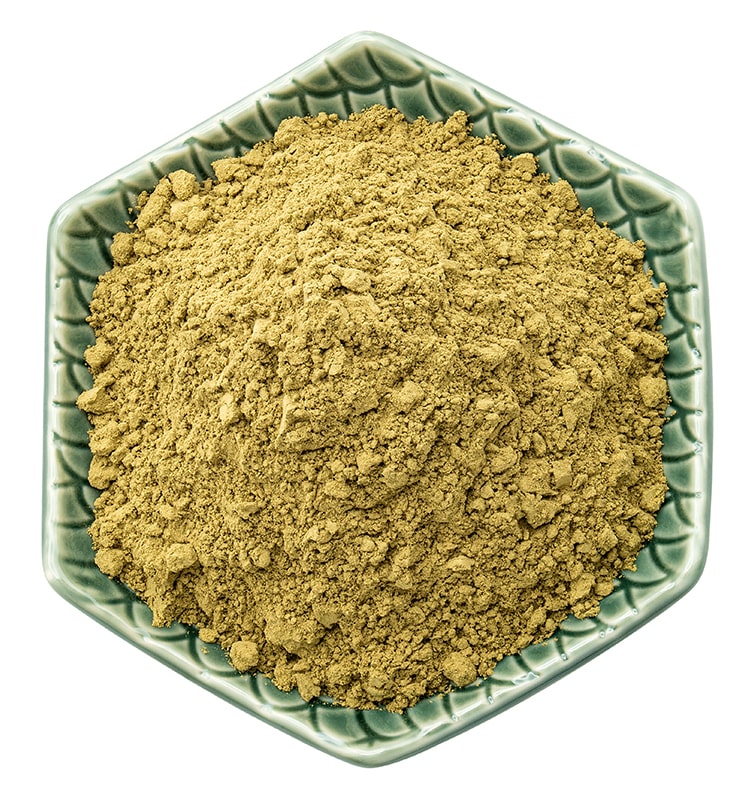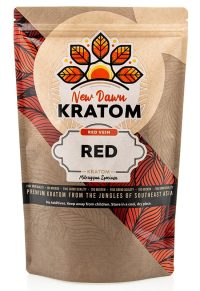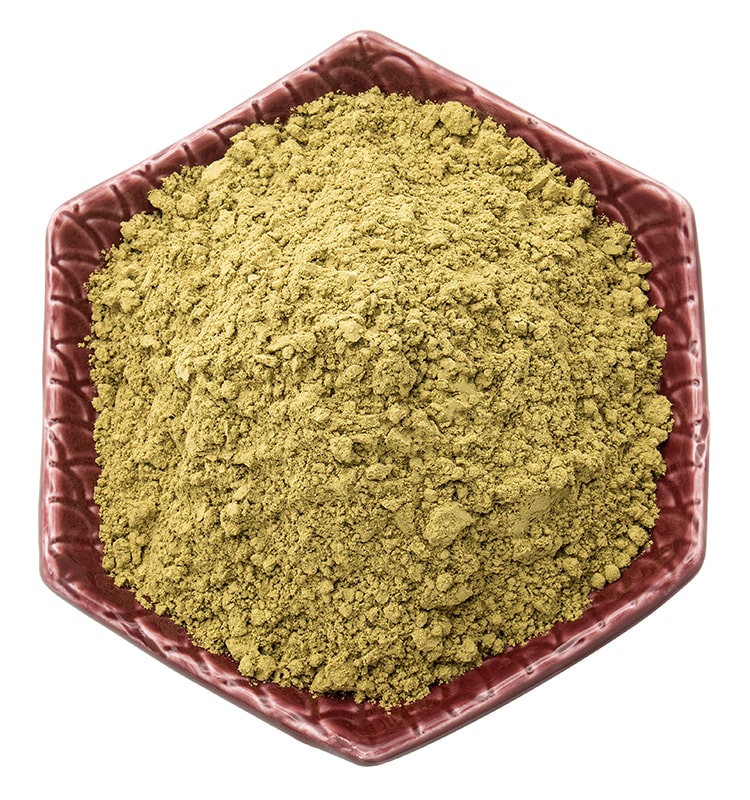Itching is a common side effect of kratom consumption. It can happen to any kratom consumer, whether seasoned or an amateur, even when they take the herb as prescribed. Kratom-induced itching is similar to some medications, but it’s not as intense and doesn’t last long.
You may experience itching on parts of your face, neck, and scalp or in your nose. Other kratom users feel the itch at the bottom of their feet.
Read on to learn the potential reasons behind kratom-induced itching and what you can do to prevent or ease it.
Why Do You Itch After Taking Kratom?
Several reasons are to blame for kratom-induced itching, including the following:
Allergic Reaction
Kratom contains over 40 alkaloids. These alkaloids may trigger an immune system reaction that affects mast cells. Mast cells are a variety of white blood cells found across the body, but mostly in nerves, under the skin, and in the lungs.
Mast cells control the response of the immune system to various pathogens. They secrete several chemicals during allergic reactions and particular immune responses. Some of the chemicals include the following:
- Heparin
- Histamine
- Cytokines
When these chemicals are released, the blood vessels widen, leading to blood flow into the area. This may lead to itching and inflammation.
When you consume kratom, your mast cells release chemicals, like in the case of an allergic reaction. That’s why you experience an itchy feeling.
Dehydration
Dehydration is a common effect of kratom use. It’s a condition where your body loses more fluid than it takes in. Lack of enough fluids in the body inhibits normal functions such as sweating and oxygen circulation.
A 2017 study revealed that kratom causes dehydration because it is a diuretic. This means that it helps rid your body of water and electrolytes through urine or sweating. Ultimately, you start feeling thirsty, nauseated, dizzy, and moody, among other dehydration effects.
One of the effects of kratom-induced dehydration is dry skin patches. The patches may look scaly or flaky. When your skin loses moisture, you start to feel itchy.
A Chemical Response by Receptors
Specific receptors are the binding sites for certain substances produced within and outside the body. They occur in the outer membrane of nerve cells throughout the nervous system.
Kratom’s alkaloids bind to certain receptors and fit perfectly like keys into locks. When the binding occurs, it triggers a series of chemical responses in the nervous system. One of the potential effects of this interaction could be an itching sensation.
Kratom Contamination
The US Food and Drug Administration (FDA) does not regulate kratom. As such, many of the kratom products on the marketplace may contain harmful microbes and metals. This puts unsuspecting kratom users at risk of infections and symptoms like itching.
Tips to Deal with Kratom-Induced Itch Sensation
Here’s how you can prevent or reduce kratom-induced itching:
Drink More Water
Your skin comprises three main parts: the epidermis, the dermis, and the sub-tissues. Lack of moisture in the outer skin layer causes it to feel rough and itchy.
While black tea, coffee, and other drinks might hydrate the skin, drinking too much of it could also lead to dehydration, which is why you’d want to avoid them. Instead, drink an average of 2 to 3 liters of plain water a day for hydration.
Hydrate Your Skin
Hydrating your skin involves ramping up the amount of water in it. This will help transform it from dry and itchy to smooth and radiant.
You can hydrate your skin by:
- Applying a moisturizer free of perfumes, fragrances, and additives.
- Using water-based skincare products.
- Eating citrus fruits like lemons and oranges that are rich in vitamin C.
Taking Antihistamines
Kratom triggers your body’s immune system to raise its histamine levels. This causes itching, among other symptoms. However, you can combat these symptoms by using antihistamines.
Antihistamines are prescription drugs that ease the allergies caused by the excessive release of histamine. They come in different forms, including the following:
- Nasal sprays
- Capsules
- Creams
- Lotions
- Liquids
There’s a wide variety of antihistamine products that you can buy over the counter. Most kratom users use promethazine, Claritin, or Benadryl to stop the itching. However, you should always consult your healthcare provider or pharmacist about what type of antihistamine to buy.
Buy Lab-Tested Kratom
Unscrupulous kratom vendors may mix their kratom products with fillers and other impurities, which may lead to itching and other infections. That’s why you shouldn’t buy kratom without verifying the product’s Certificate of Analysis. (COA). The COA is a lab test report which displays the purity and strength of a kratom product. Most kratom vendors display their COAs on their websites, where potential customers can access them.
Avoid Long Hot Showers
When experiencing kratom itches, avoid long hot showers. That’s because the heat dehydrates your skin, leaving it dry and scaly.
Instead, shower with lukewarm water for not more than 10 minutes. Then apply a moisturizer right after leaving the shower when your skin is still moist.
Put on Loose-fitting Cotton Clothes
Wearing rough-textured fabrics may turn less pronounced kratom itches into intense ones. That’s because wool and synthetic fabrics like polyester nylon don’t “breathe” like natural fibers and often cause skin irritation even if you don’t have sensitive skin.
Instead, go for fabrics with a smooth feel, like silk and cotton. These fabrics are breathable and non-irritating.
The Bottom Line
Itching is one of the side effects of kratom use, and it’s completely normal. Some kratom users can ignore the itchiness, while others find it troubling.
You can take a few measures to prevent or lessen kratom-induced itching. You need to drink more water when taking kratom and only buy lab-tested kratom. You should also hydrate your skin or take a prescription antihistamine.

